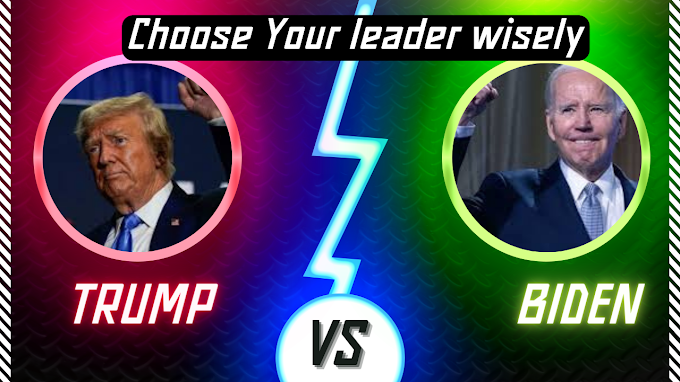A judge denies Trump's request for immunity from prosecution in the federal 2020 election.
© Image by The Associated Press
A federal judge in Washington rejected Donald Trump's attempt to thwart the investigation into his alleged scheme to rig the 2020 presidential election, ruling that the President is not immune from prosecution in this case.
In anticipation of a trial that is anticipated to focus on the Republican's multifaceted attempts to sabotage the election that Democrat Joe Biden won, the Trump defense team had presented challenges to the four-count indictment. However, U.S. District Judge Tanya Chutkan sharply rejected these arguments.
Even though the judge rejected Trump's broad interpretation of presidential authority, the ruling may not be the last word in the legal dispute. Trump's attorneys, who have refuted any misconduct, are anticipated to file an expedited appeal to contest what they see as an unresolved legal matter.
The presidency "does not confer a lifelong 'get-out-of-jail-free' pass," Chutkan ruled in her decision.
"Former Presidents enjoy no special conditions on their federal criminal liability," Chutkan stated. "Any criminal acts committed by the defendant while in office may be the subject of a federal investigation, indictment, prosecution, conviction, and punishment."
Chutkan also denied Trump's assertions that the former president's right to free speech is violated by the indictment. Trump's attorneys contended that he was within his First Amendment rights to contest the election's result and claim that it was contaminated by fraud. They also accused the prosecution of trying to make political advocacy and speech illegal.
Chutkan, however, asserted that "it is well established that speech used as an instrument of a crime is not protected by the First Amendment."
She said, "Defendant is being prosecuted for knowingly making false statements in furtherance of a criminal conspiracy and obstructing the electoral process, not merely for making false statements."
Trump's lawyer declined to comment on Friday night.
Her decision was made on the same day that a federal appeals court in Washington decided to allow legal action in cases filed by Democratic lawmakers and law enforcement officials accusing Trump of inciting the riot that broke out on January 6, 2021, in the U.S. Capitol.
In that instance, the appeals court dismissed Trump's broad assertions that presidential immunity absolves him of responsibility, but it left open the possibility that he might pursue further legal action to attempt to demonstrate that his actions were performed in his official role as president.
The criminal case against Trump, which is set to go to trial in March, is supposed to be dropped, according to his legal team, because the front-runner in the Republican primary for president in 2024 is protected from punishment for activities he made while carrying out his official duties. They contend that Trump's duties as commander in chief are fundamentally affected by the acts outlined in the indictment, which include pressuring state authorities on election administration.
The Supreme Court has ruled that presidents are not subject to civil lawsuits for activities taken in the course of performing their official duties, but the justices have never discussed whether this protection includes protection from criminal prosecution.
It has also been held by the Justice Department that presidents are immune from prosecution. Trump's attorneys are attempting to guarantee that a former president receives the same protection for acts done while in office, claiming that no prosecutor has ever had the right to file such charges since the founding of American democracy.
"Against the weight of that history, Defendant argues in essence that because no other former Presidents have been criminally prosecuted, it would be unconstitutional to start now," Chutkan stated. "However, not only is the prosecution of a former president unprecedented, but so are the claims that the defendant committed the crimes against which he is accused."
Nothing in the Constitution or judicial tradition, according to the staff of special counsel Jack Smith, supports the notion that a former president cannot be charged with a crime they committed while serving in the White House.
"The law is not above the defendant. Prosecutors stated in court documents that "he is subject to the federal criminal laws like more than 330 million other Americans, including Members of Congress, federal judges, and everyday citizens."
This is one of the four criminal matters that Trump must deal with in order to run for president again in 2024.
Smith has accused Trump separately of unlawfully storing secret materials at his Mar-a-Lago resort in Florida following his departure from the White House. In Georgia, Trump is additionally accused of plotting to reverse his election defeat to Biden. In addition, he is charged in New York with paying hush money during the 2016 election campaign.

.png)





